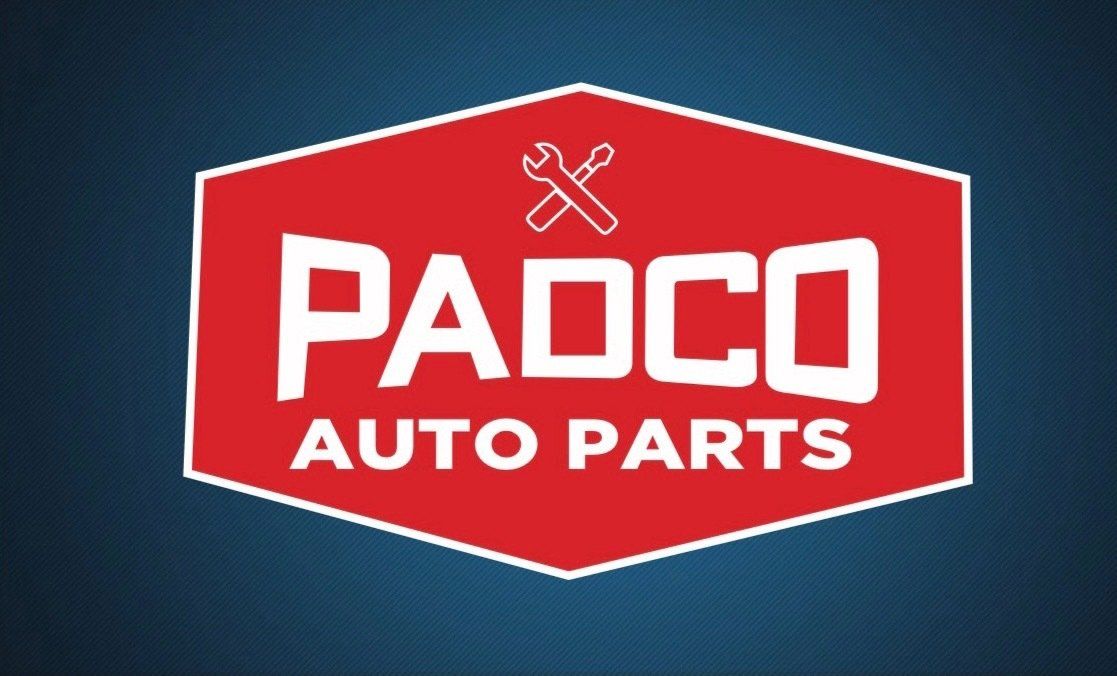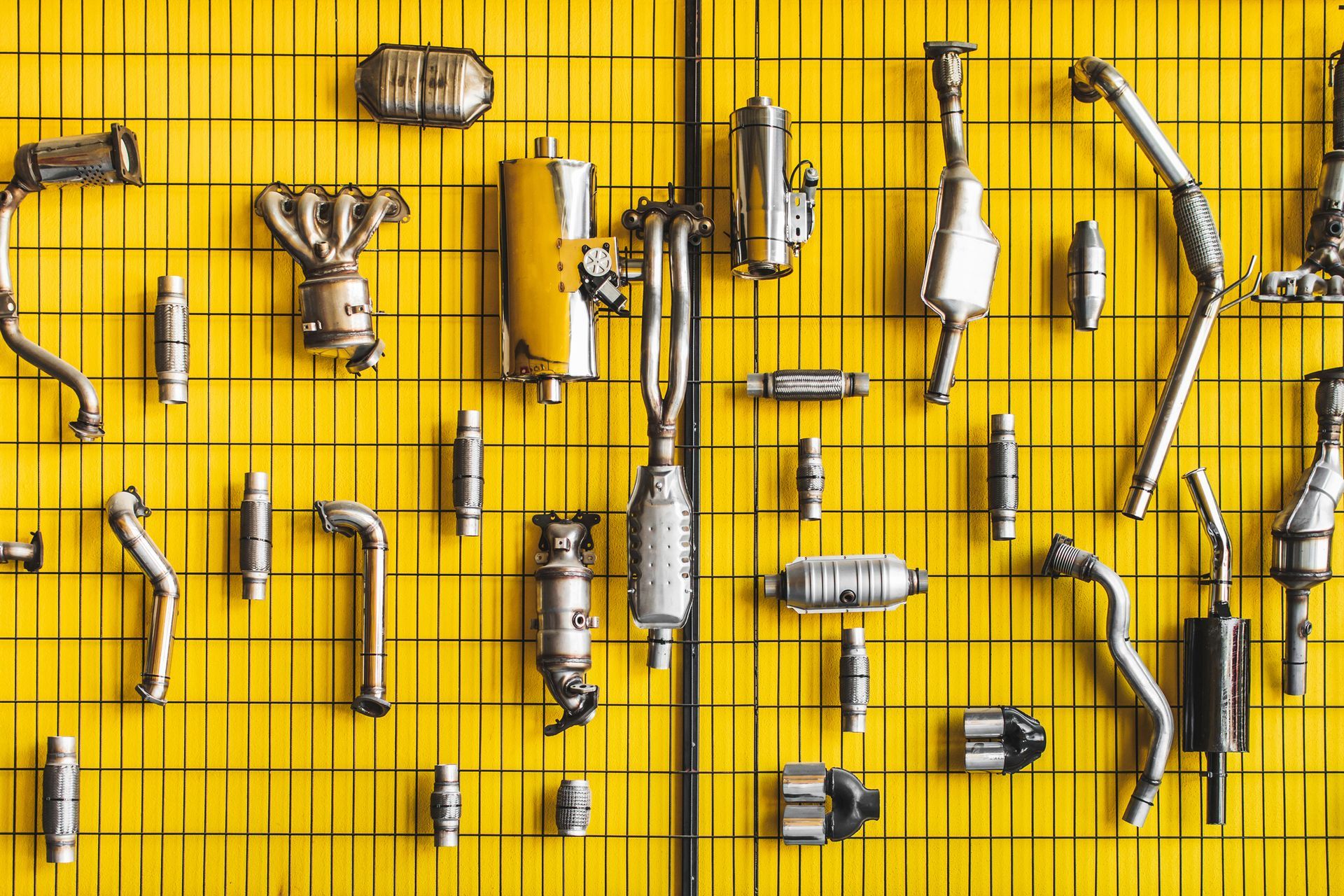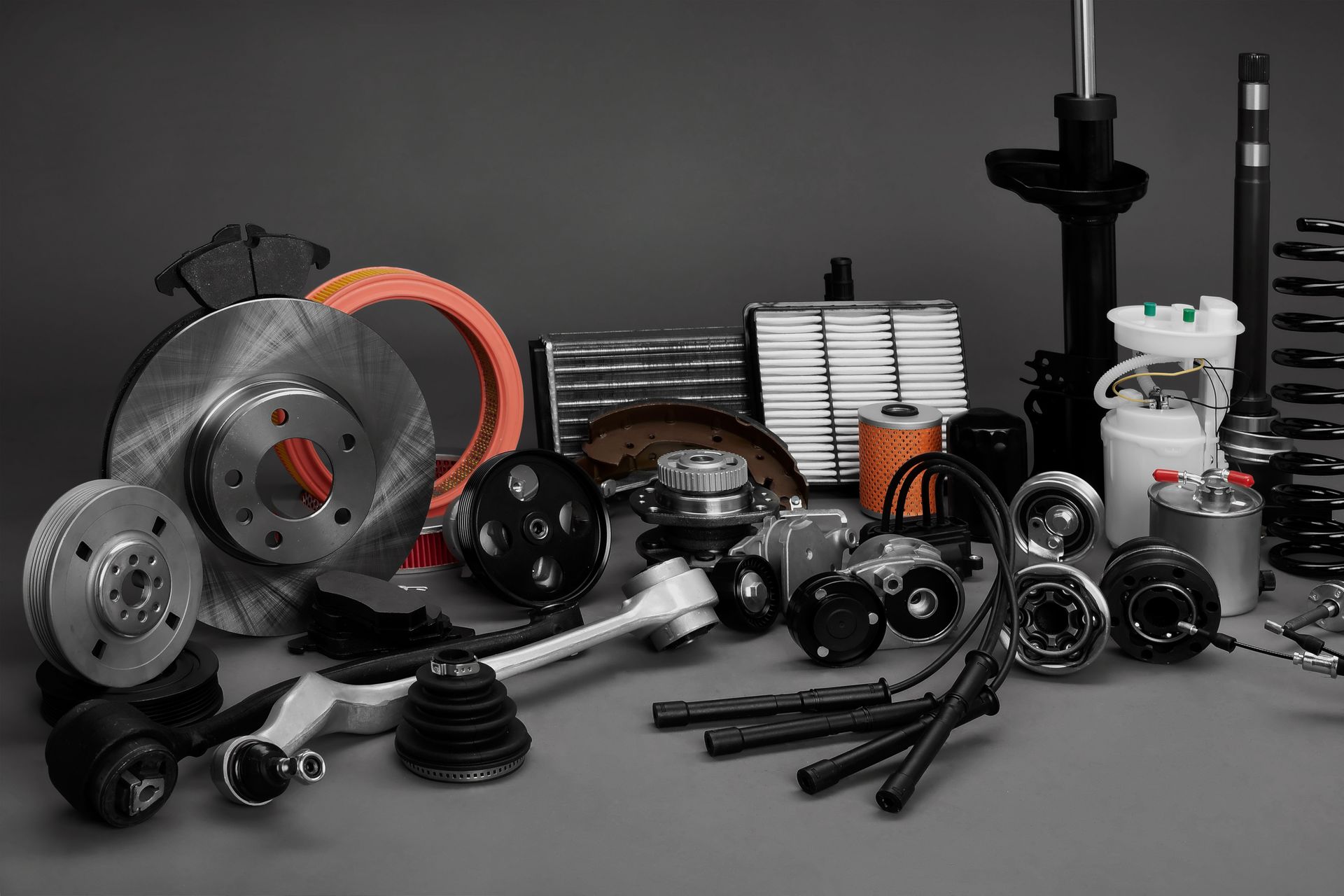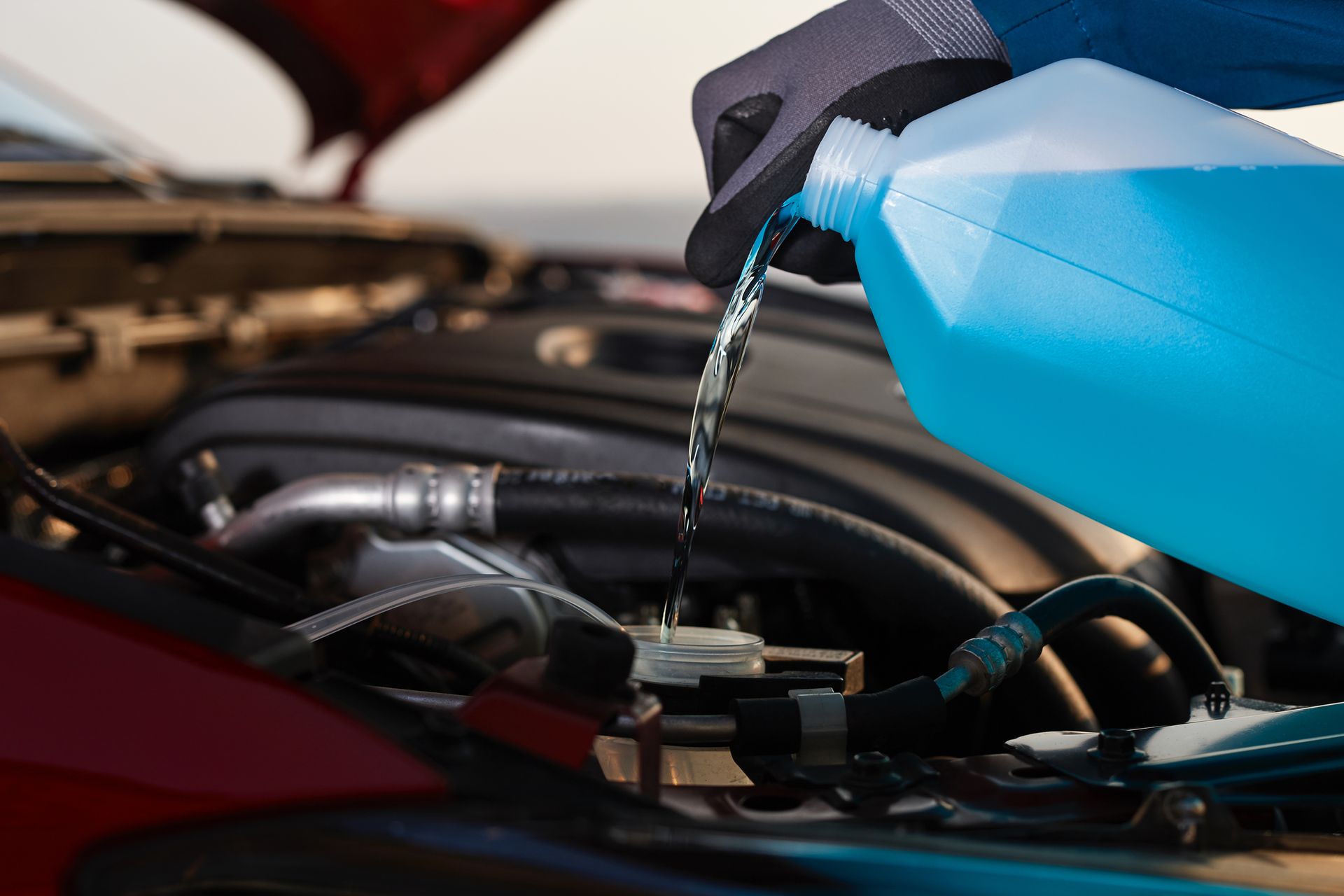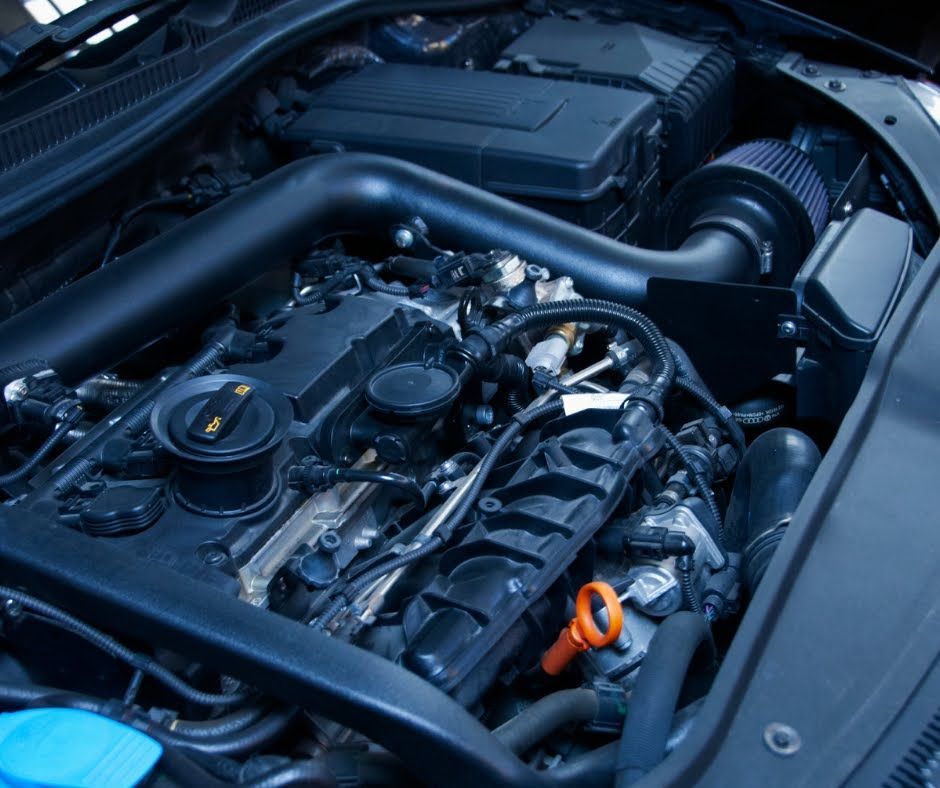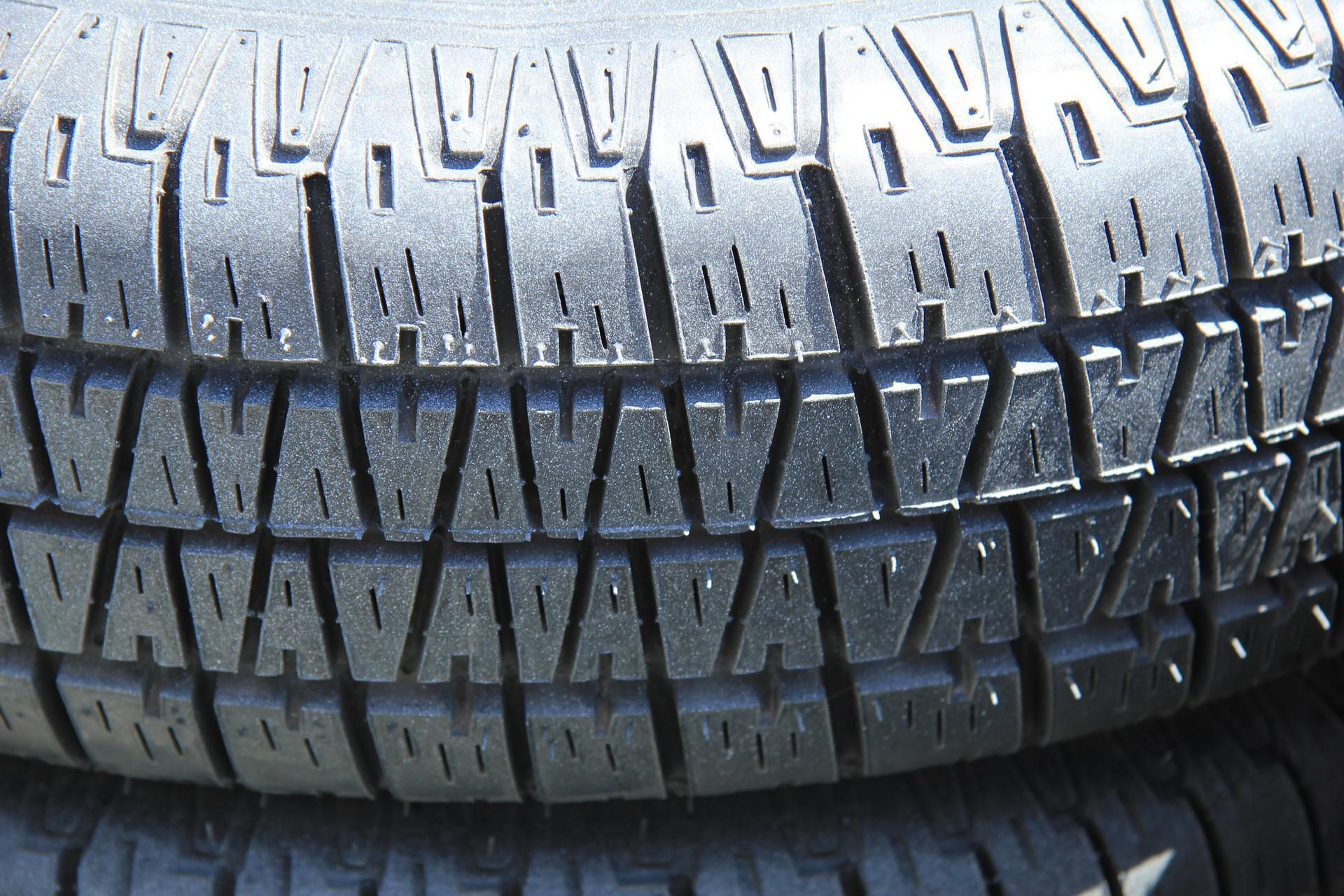Your Solenoid And Signs It's Failing
Have you ever had trouble starting your car? If yes, then you know how frustrating it can be when your car doesn't start. There could be many reasons why your car won't start, but the solenoid is one of the primary suspects. If your solenoid is starting to fail, it can be a sign that your alternator or starter is next. But how do you know if it's your solenoid and not your alternator or starter? In this blog post, we will explore the signs of a failing solenoid, why it's essential to diagnose it as soon as possible, and how you can fix it.
What is a Solenoid, and How Does it Work?
The solenoid is an electrical component that controls the flow of electricity between the battery and starter motor. The solenoid receives a signal from the ignition switch to power the starter motor when you turn the key. Once the starter motor is running, the solenoid releases, and the motor continues to run. The solenoid is also responsible for engaging the starter motor's pinion gear with the flywheel to start the engine.
Signs of a Failing Solenoid
How do you know if your solenoid is going out? Here are a few signs to look out for:
- Intermittent Starting Issues - If you turn your key, and nothing happens, then it could be a sign that there's a problem with your solenoid. You may hear a clicking sound, but the engine won't start.
- Slow or Delayed Start - If you turn your key and the engine takes a long time to start, then it could mean that your solenoid is starting to fail.
- Electrical Issues - If you're experiencing electrical issues such as flickering lights or dimming headlights, it could be a sign that your alternator or starter is failing. However, your solenoid plays a critical role in electrical functions, and it could be the root cause of these problems.
Why is it Crucial to Diagnose and Repair a Failing Solenoid?
If you ignore the signs of a failing solenoid, it could lead to bigger problems down the road. For example, a failing solenoid could cause your starter motor or alternator to fail, which could result in costly repairs. Additionally, a failing solenoid could also cause permanent damage to your battery, which may result in needing a battery replacement too.
Can You Buy New Solenoids and Will They Help Make Your Car Last Longer?
Replacing your solenoid is a relatively easy process, but it's essential to purchase the right one for your vehicle. A new solenoid can help your car last longer because it allows more power to go to your engine. A failing solenoid can put a considerable strain on the starter motor and alternator, which may result in premature failure.
How to fix a Failing Solenoid
If you're experiencing any of the above signs, it's essential to have your solenoid checked by a mechanic. In most cases, a failing solenoid will need to be replaced. The good news is that it's usually a quick and inexpensive repair. The mechanic will remove the old solenoid and install a new one. Once the new solenoid is in place, the mechanic will test it to ensure it's working correctly.
A failing solenoid can cause significant issues with your vehicle's electrical functions. If you suspect your solenoid is starting to fail, it's essential to have it checked by a mechanic as soon as possible. You can buy a new solenoid to replace your old one and make your vehicle last longer. For all your auto parts needs, call the specialists at Padco Auto Parts today. We can help you find the right auto parts for your vehicle.
